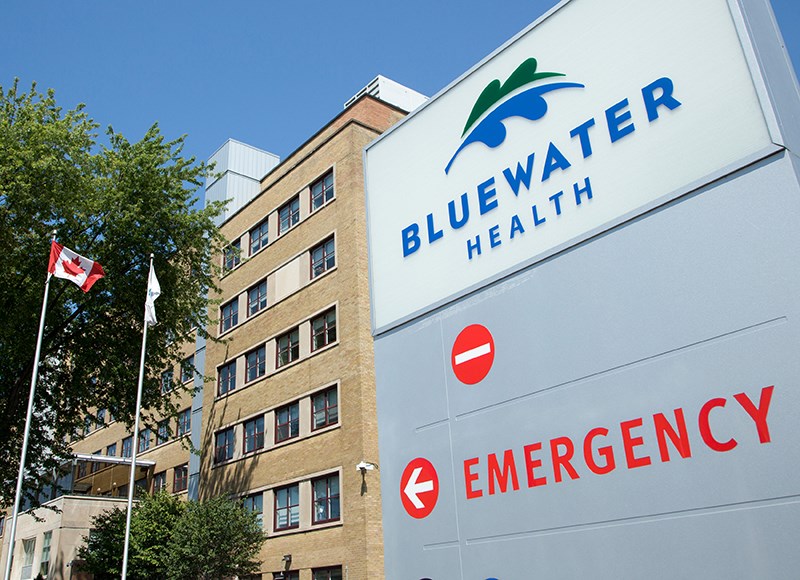Cathy Dobson
As Sarnia’s opioid crisis deepens, provincial approval for a 24-bed residential addiction centre appears to be tied up in bureaucratic red tape.
That’s frustrating for everyone on the front line trying to save lives and for the families of loved ones struggling with addiction, local advocates say.
Paula Reaume-Zimmer, vice president of addictions and mental health at Bluewater Health, said she received more paperwork from the Ministry of Health last week about Sarnia-Lambton’s $8.5-million request for a residential facility.
She said she would immediately complete the latest round of technical forms and return them quickly.
Reaume-Zimmer said she has no idea if the 24-bed facility is close to approval, but explained the application is only at the second of four stages.
It’s been at least 15 years since requests were first sent to the province for a residential detox facility in Sarnia. Expectations were high last year that approval was imminent, but nothing happened.
When Premier Doug Ford visited Sarnia in November he said he supported the application and recognized its urgency.
Officials hoped in April the Ford government would include it in the provincial budget, but that didn’t happen either.
In an email to The Journal, Ministry of Health spokesman David Jensen stated: “The next step is for the ministry to work with Bluewater Health to determine the project space requirements as part of the business case stage. The hospital would then conduct a site search and propose suitable project sites.”
Jensen called the current stage “early planning” for the project.
But the hospital has already done its due diligence and chosen a preferred site, Reaume-Zimmer said.
Meanwhile Bluewater Health continues to operate a temporary seven-bed withdrawal management facility on its sixth floor, a stop-gap measure until a comprehensive facility is built.
Demand for the seven beds is high with 712 individuals with alcohol and drug dependencies asking for help since the unit opened in January 2018. Because withdrawal frequently requires more than one attempt, there have been 833 admissions.
Meanwhile, emergency personnel say the opioid crisis is deepening with 46 overdose-related visits to Sarnia’s ER the first four months of this year. Police say many others go unreported.
“I see the situation getting worse and more street-level drugs doing more damage,” said Sarnia Coun. Brian White.
He called the provincial delay on the 24-bed detox facility “disappointing” and plans to bring a motion to the June 17 council meeting seeking a new strategy.
“We need to send a clear signal to upper levels of government that we expect action,” White said.
Mayor Mike Bradley agrees.
“We hear a residential withdrawal management facility is in the bureaucratic process. That’s not good enough,” he said. “We have a desperate need.”
Bradley said he’s talking to key players across Sarnia-Lambton about a large delegation meeting with the Health Ministry.
“Ontario seems ambivalent about calling this a crisis,” the mayor said.
“There’s no question, it’s a crisis here. We need a residential facility that doesn’t make people feel they are institutionalized and that will bridge that gap between detox and rehab.”
Though not the entire answer, it would help save lives and prevent government spending in other areas, Bradley said.
Sarnia-Lambton MPP Bob Bailey said his office is in weekly contact with the Ministry of Health to check on the application’s progress.
“It’s a lengthy process but I’m quite confident it’s just a matter of time,” Bailey said. “I know what the premier said that day (in Sarnia) and if worse comes to worst, I’ll go to him.”
There was some good news in April’s provincial budget for addiction services. Bluewater Health was given an additional $645,000 annually to operate the seven-bed hospital unit.
